
The Cash Nexus
Money and Power in the Modern World, 1700-2000
Read offline
Recommendation
It would be a mistake to emphasize the word "cash" in this book’s ambivalent title without giving equal weight to the word that follows, "nexus." A nexus is the bond between two disparate things and, indeed, this is a book about the intersection of power and money. Its thesis, to the frustration of economic determinists everywhere, is that while money matters, other things matter more, at least when it comes to the cultural chessboard of international politics. One might quibble that author Niall Ferguson underemphasizes the extent to which competition for economically vital scarce resources leads to war. The other caveat is that he refers to the U.S.’s reluctance to go to war with a pre-Iraq state of mind. Yet, the author is an accomplished historian who capably supports his arguments. He manages overall to portray economic history in all its rich nuance, detail and complexity. His premise that war, not economics or politics, is the great engine that has driven the evolution of the modern welfare state is as enlightening as it is chilling. getAbstract.com highly recommends this book to the lay reader with a developed interest in history, politics and, especially, economics. However, a warning is in order: Those who only read the headlines may find this just a little too deep.
Summary
About the Author
Niall Ferguson is a historian who wrote The Pity of War, Virtual History and the award-winning House of Rothschild. He is professor of political and financial history at Oxford, and visiting professor in economics at the Stern School of Business, at New York University.


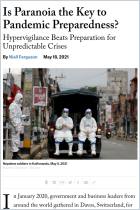
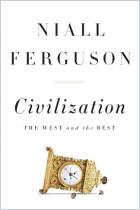
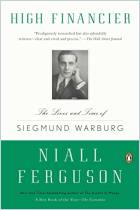
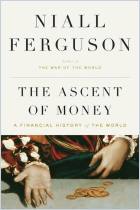
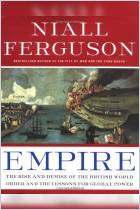
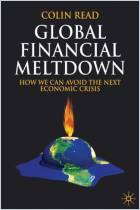
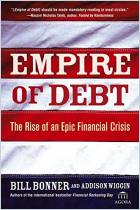
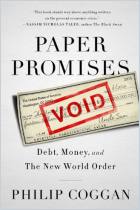
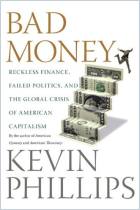
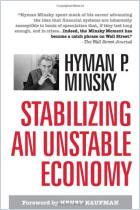
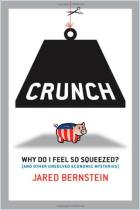




Comment on this summary